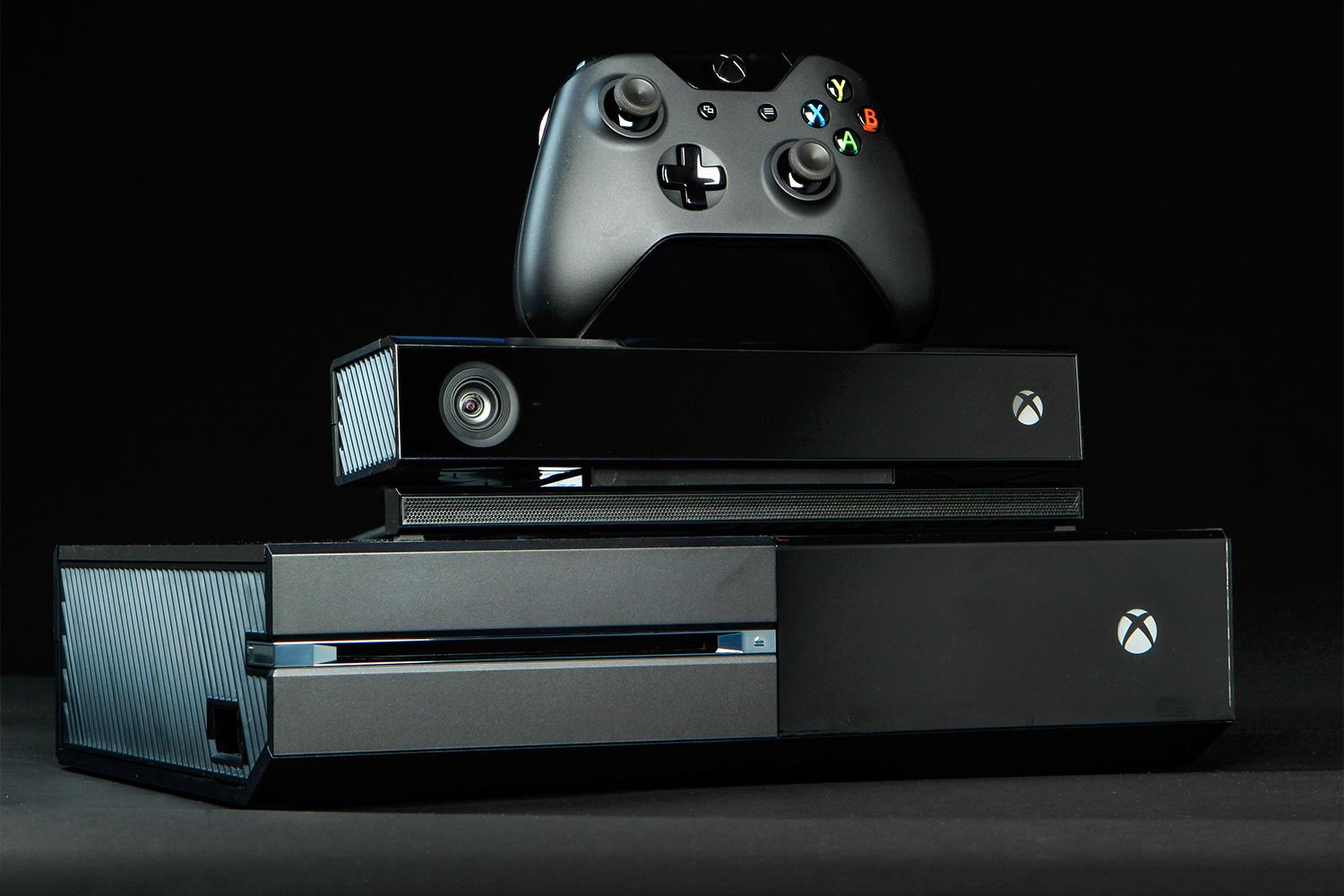Wann sagt man Que Tal und wann Como estas?
When should you use que tal?
Ketal is used a lot with food to ask somebody if they like it how's the food how's the chicken.
Do Mexicans say que tal?
In Mexico, ¿Qué tal? means “What's happening?” or “What's up?” as opposed to “How are you?” or “How are things going?” as you may have learned in your Spanish textbook or class. So, it's much more casual than the same phrase would be in other dialects of Spanish.
What does que tal means?
what of it?
que tal ? – what of it?
What language is Que Tal?
Spanish
que tal – translated from Spanish to English.
How to respond to como estas?
When someone asks you ¿Cómo estás? If you feel alright, you say estoy bien; you could also say, estoy muy bien, to give more emphasis, which means “very good” or “very well.” You can also add one extra word, gracias, meaning “thanks”, and estoy bien, gracias; it means “I'm fine, thank you.” 2.
Is Que tal polite?
¿Qué tal? is used in both, informal and formal situations, so you can greet an elderly person with ¿qué tal?
Is Que Onda rude?
Que onda in Spanish is a way friends and family welcome each other in an informal situation. Remember, if you're using que onda as a greeting, it should be with someone you already know or in a casual scenario. Que onda is not acceptable in formal or elegant situations.
How do Mexicans say no worries?
No te preocupes
This translates as “Do not worry” and it is probably the expression people in Mexico use the most, as it also means “No hay problema”.
What does mucho gusto?
Mucho Gusto
Pronounced: Moo-cho Goo-stow. This phrase means “nice to meet you.” It is obviously used when you're meeting someone for the first time.
How do you respond to Mucho Gusto?
Mucho Gusto
It can be used in the beginning and the end of the conversation. Instead of saying “adios” to someone who you just met, you can simply say “mucho gusto!” And if you are wondering how to respond to “mucho gusto”, the best answer is “igualmente” o “mucho gusto también”.
How to respond to que pasa?
Estoy bien. Nothing. I'm fine.
How do you respond to flirting in Spanish?
How to Respond to Flirting in Spanish
- Gracias – “Thank you”
- Tu también – “You too”
- No eres tan mal tú mismo/a. – “You're not too bad yourself.”
- Me halagas. – “You flatter me.”
- Me gustaría salir contigo también. – “I would like to go out with you too.”
What is mucho gusto a response to?
Mucho Gusto
This phrase means “nice to meet you.” It is obviously used when you're meeting someone for the first time. It can be used in the beginning and the end of the conversation.
How to reply to que tal estas?
If you feel alright, you say estoy bien; you could also say, estoy muy bien, to give more emphasis, which means “very good” or “very well.” You can also add one extra word, gracias, meaning “thanks”, and estoy bien, gracias; it means “I'm fine, thank you.”
How should I respond to Que tal?
“Pues, aquí…”.
Why do Mexicans say Orale?
Órale is a common interjection in Mexican Spanish slang. It is also commonly used in the United States as an exclamation expressing approval or encouragement. The term has varying connotations, including an affirmation that something is impressive, an agreement with a statement (akin to "okay"), or to signify distress.
What is Que Honda?
The Meaning of 'Que Onda' in Spanish
It's a common informal greeting interpreted as “what's up?”. If you translate que onda in Spanish, it literally translates to “What wave?” in English. Ondas (waves) in the Spanish-speaking world don't only refer to waves of the ocean but also vibrational waves.
How do you say WTF in Mexico?
"WTF" in Spanish
¡Qué demonios..! ¿Qué coño…?
What do Mexicans say when mad?
Estoy molesto
Estoy molesto / molesta
The expression estoy molesto (I'm upset) is understood in all Spanish-speaking countries and is considered one of the most common Spanish expressions of anger.
What is anos tienes?
¿Cuántos años tienes? How old are you?
What does hasta el fuego means?
until the fire
The Spanish phrase hasta la fuego means until the fire in English.
Whats No pasa nada mean?
nothing happened
“No pasa nada” has a wide array of meanings, “nothing happened,” “don't worry about it,” “no problem,” “no big deal,” “it's ok,” etc. I think you see where I am going with this, never ending, which explains why it is used so much in conversation.
What is pasa DA?
PASADA is a Catholic organisation that manages health services from several clinics, in addition to doing outreach work in several districts along the east coast of the Indian Ocean.
How does a man tell a woman she’s beautiful in Spanish?
Hermosa / Hermoso – Beautiful
A common way to say “You are beautiful” in Spanish. The phrase means “beautiful”, “gorgeous” or “nice” and can be used to describe people, places, objects, and situations. You can also use the noun la hermosura, which means “the beauty”.

